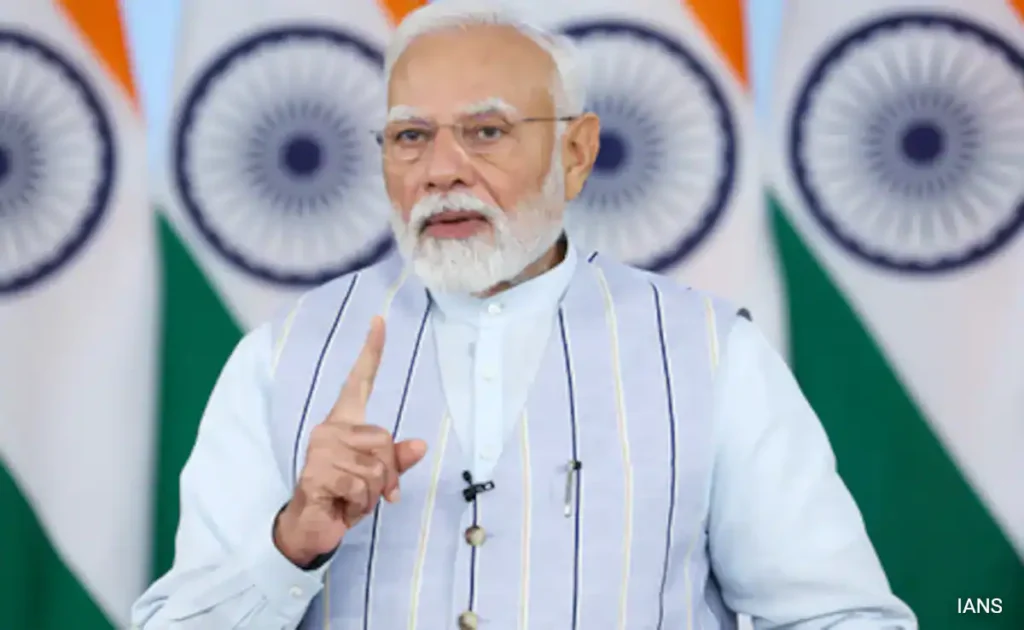Published on: June 7, 2025
Category: International Relations | Indian Diplomacy | Indian Current Affairs
🌍 Introduction
In a significant diplomatic development, Prime Minister Narendra Modi is set to attend the upcoming G-7 Summit in Canada, scheduled for June 13–15, 2025. This visit marks a notable shift in the tone of India–Canada relations, which have seen strains in recent years over political and security issues. The G-7 Summit provides a platform for India to not only engage with global powers on pressing international concerns but also signal a thaw in its ties with Canada.
🏛️ What Is the G-7 Summit?
The Group of Seven (G-7) is an intergovernmental political forum consisting of Canada, France, Germany, Italy, Japan, the United Kingdom, and the United States. The European Union also participates. Together, these nations represent more than 50% of the global net wealth and are among the most influential democracies in the world.
India is not a member but has often been invited as a guest nation in recent years, reflecting its rising stature in global geopolitics. This year’s summit is being hosted in Vancouver, Canada, with the agenda centered on climate action, global security, economic recovery, AI regulation, and geopolitical stability.
🤝 A Diplomatic Reset with Canada
PM Modi’s decision to attend the summit in Canada comes after months of diplomatic frost, particularly following tensions in 2023–2024 over issues related to Khalistani separatism, trade barriers, and intelligence cooperation.
However, behind-the-scenes diplomacy and mutual strategic interests—particularly in the Indo-Pacific—have laid the groundwork for re-engagement. The 2025 G-7 Summit is now viewed as a critical opportunity to rebuild trust and revive diplomatic momentum between the two democracies.
🌐 Key Agendas for India at the G-7
1. Global South Representation
India is likely to champion the concerns of developing nations, focusing on equitable access to vaccines, green technologies, and development financing.
2. Climate and Energy Security
As a leader in renewable energy, India will push for more inclusive energy transition frameworks that do not compromise the developmental needs of the Global South.
3. AI and Tech Regulation
India’s expanding digital economy makes it a vital voice in global conversations on AI ethics, data sovereignty, and cybersecurity cooperation.
4. Strengthening Indo-Pacific Security
Given growing Chinese assertiveness, India will align with G-7 members on promoting a free and open Indo-Pacific, maritime security, and infrastructure collaboration.
🇮🇳 Domestic and International Significance
PM Modi’s presence at the summit is strategically timed ahead of upcoming bilateral meetings with global leaders, including U.S. President Joe Biden, French President Emmanuel Macron, and Canadian PM Justin Trudeau.
Back home, the visit will bolster India’s image as a responsible global player, reinforcing the government’s vision of Viksit Bharat 2047—a developed India on the world stage.
🗣️ What Experts Are Saying
Foreign policy analysts view this visit as a pragmatic step towards reviving India–Canada ties without compromising on core national interests. According to former diplomat Shivshankar Menon, “Re-engagement with Canada within a multilateral setting is a smart way to restart dialogue without immediate pressure.”
📢 Conclusion
PM Modi’s participation in the G-7 Summit 2025 marks not just another diplomatic appearance but a pivotal step in redefining India’s international posture. As global challenges become increasingly interconnected, India’s voice at platforms like the G-7 is indispensable.
➡️ Stay tuned to IndianCurrentAffairs.com for real-time updates, summit highlights, and expert analysis on India’s evolving role in global diplomacy.

